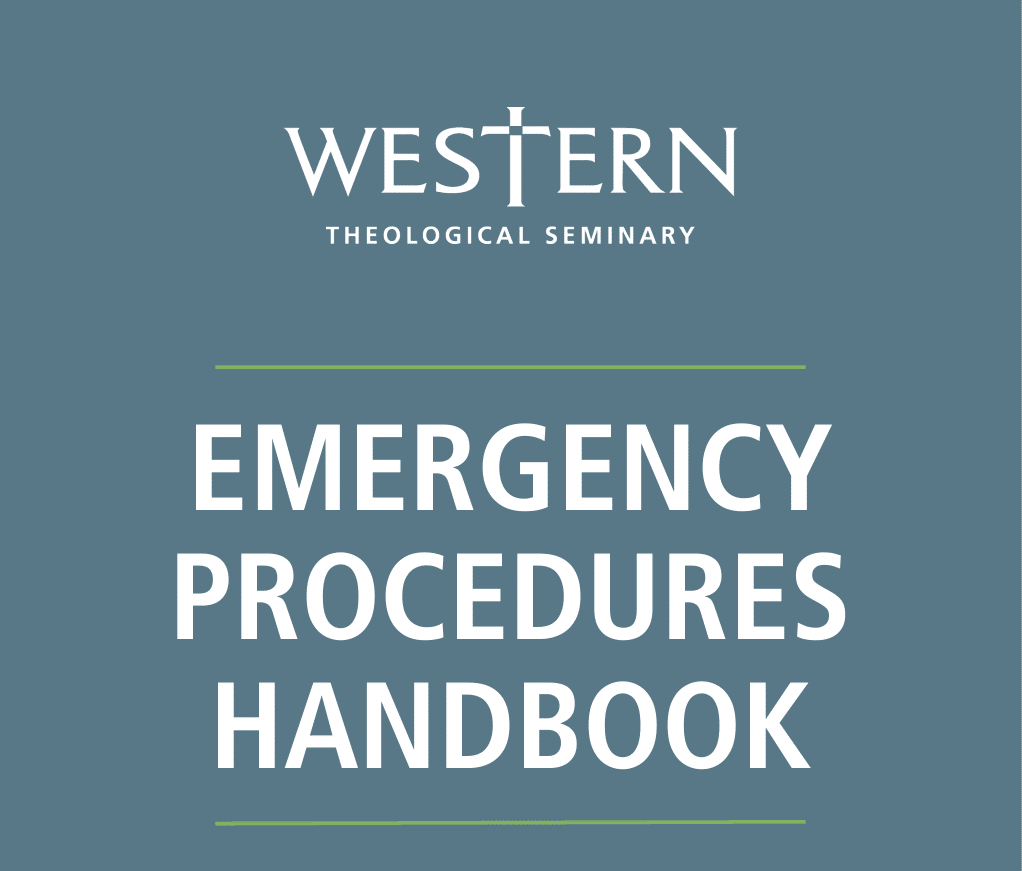Health and Safety at WTS
Campus Health Guidelines
To protect the health of the WTS community, the following guidelines will apply to all students, employees, and campus guests.
IF YOU ARE SICK: STAY HOME
You are expected to stay home if you are experiencing symptoms of COVID-19 or any illness.
STUDENTS: Notify your professor of your absence.
EMPLOYEES: Follow your manager’s preferences for notification of your absence.
RAPID TESTS AVAILABLE
If you are a student and have COVID-19 symptoms or are concerned about COVID-19 exposure, you (or a healthy family member or friend) may pick up a free rapid test at the WTS reception desk. Employees, please access local resources to purchase a test or pick up a free test.
IF YOU TEST POSITIVE: ISOLATE
If you test positive for COVID-19, please follow these instructions from the Centers for Disease Control and Prevention (CDC).
IF YOU HAVE BEEN EXPOSED TO COVID-19: TAKE PRECAUTIONS
If you have been exposed to COVID-19, please follow these instructions from the Centers for Disease Control and Prevention (CDC).
Masks and hand sanitizer are available at the reception desk.
Emergency Procedures
In preparation for a campus emergency such as a fire, medical emergency, or active threat, please click on and read the guide below. Save, bookmark, or print this guide for quick access during an emergency.
